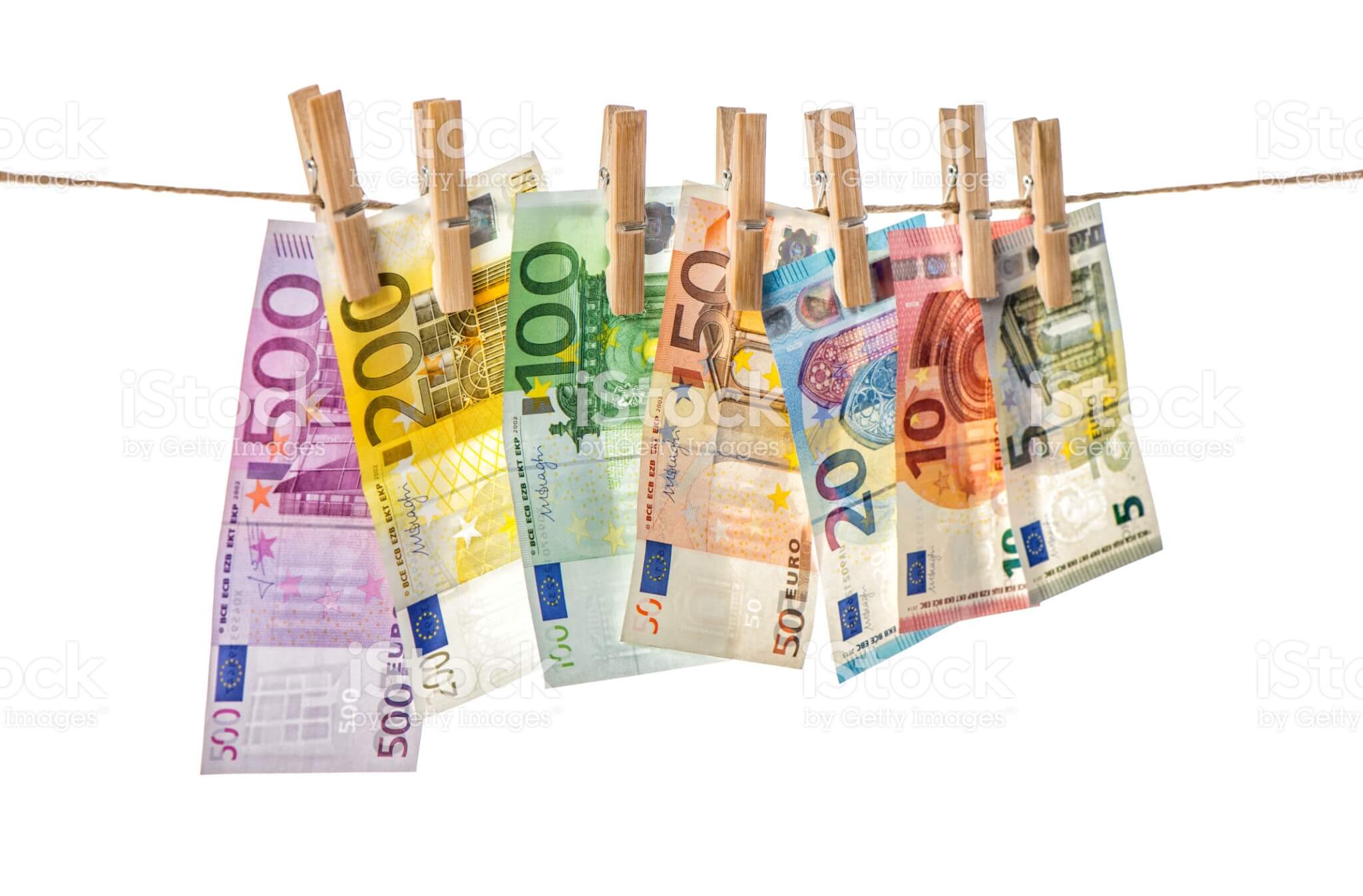

A recent report by the UN Security Council claims that North Korea stole several billion dollars through cyberattacks on cryptocurrency exchanges and banks to further finance weapons of mass destruction programs.
The report claims that North Korea used cyberspace to launch sophisticated attacks to steal funds and then laundered the money through Russia.
In almost 17 countries, 35 attacks against financial enterprises were recorded.
The US has also reportedly accused some Russian banks of assisting North Korea in evading international sanctions.
North Korea has been accused of organising attacks on large cryptocurrency exchanges in order to acquire foreign currencies and thus mitigate the effects of international economic sanctions.
Representatives of North Korea to the UN and Russian officials deny any involvement in these actions.
Cyberattacks and money laundering
Cyberattacks on cryptocurrency exchanges and subsequent money laundering make it impossible to seize the stolen money as it is very difficult to track.
The cryptocurrency industry is regulated far less than the traditional banking system, which makes the money laundering process easier for criminals.
Money laundering can negatively impact countries as it leads to currency leakage and affects the national currency’s exchange rate.
All states are actively fighting the phenomenon of money laundering.
North Korea money laundering in Russia
According to New Europe, on June 19, the US sanctioned the Russian Financial Society for allegedly helping North Korea evade international economic sanctions by assisting a company linked to Pyongyang’s primary foreign exchange bank.
Sigal Mendelker, the US Treasury’s Under Secretary for Terrorism and Financial Intelligence, said: “The Treasury continues to enforce existing US and UN sanctions against individuals and entities in Russia, and elsewhere, who facilitate illicit trade with North Korea.”
Justin Urquhart Stewart, director at Seven Investment Management in London, told New Europe that North Korea allegedly uses deceptive tactics to launder money through Russia.
Urquhart Stewart claims that while Russian officials have taken some steps against North Korea, more still needs to be done.
“It’s an interesting issue to see what action the authorities will take. The answer I suspect will be very little,” he said.
The security of Russia’s banking system has been called into question as a result of the accusations, and it seems more needs to be done by financial institutions to stop money laundering in the country.
Earlier this month, The Moscow Times reported that Danish banking giant Danske Bank is set to close its Russian branches and exit the country following allegations its Estonian branch was involved in a $230 billion money laundering scandal.
Money laundering laws in Russia
In Russia, the government introduced liability for money laundering in the criminal code (Article 174 of the Criminal Code of the Russian Federation) to stop the illicit activities of criminal groups and dishonest businessmen.
For violation of the law regarding the illegal circulation of funds, the perpetrators will be severely punished.
The Russian government has tried many times to regulate the circulation of large amounts of cash through the country, but the bills were constantly postponed before being completely abandoned due to US sanctions.
In order for the country to remain solvent, the law on the regulation of cash was not adopted in Russia. However, there is a law called “On combating the legalisation (laundering) of proceeds from crime and the financing of terrorism”.
If cash transactions exceed 600,000 rubles, Russian banks are required to verify and control this cash flow. The tax service may also request information from the bank if it needs to block the account due to non-payment of taxes.
However, the problem remains that cash is increasingly used for money laundering in Russia since the lack of strict control or any form of legislative framework makes this method a simple option for criminal activity in the country.
Read more about money laundering on our website here.
Denver, Colorado, 24th February 2025, Chainwire
Denver, Colorado, 20th February 2025, Chainwire
Washington, D.C., 18th February 2025, Chainwire
Dubai, UAE, 27th January 2025, Chainwire
Those who enter the market at this time may be surprised to hear that Bitcoin…
George Town, Grand Cayman, 22nd November 2024, Chainwire